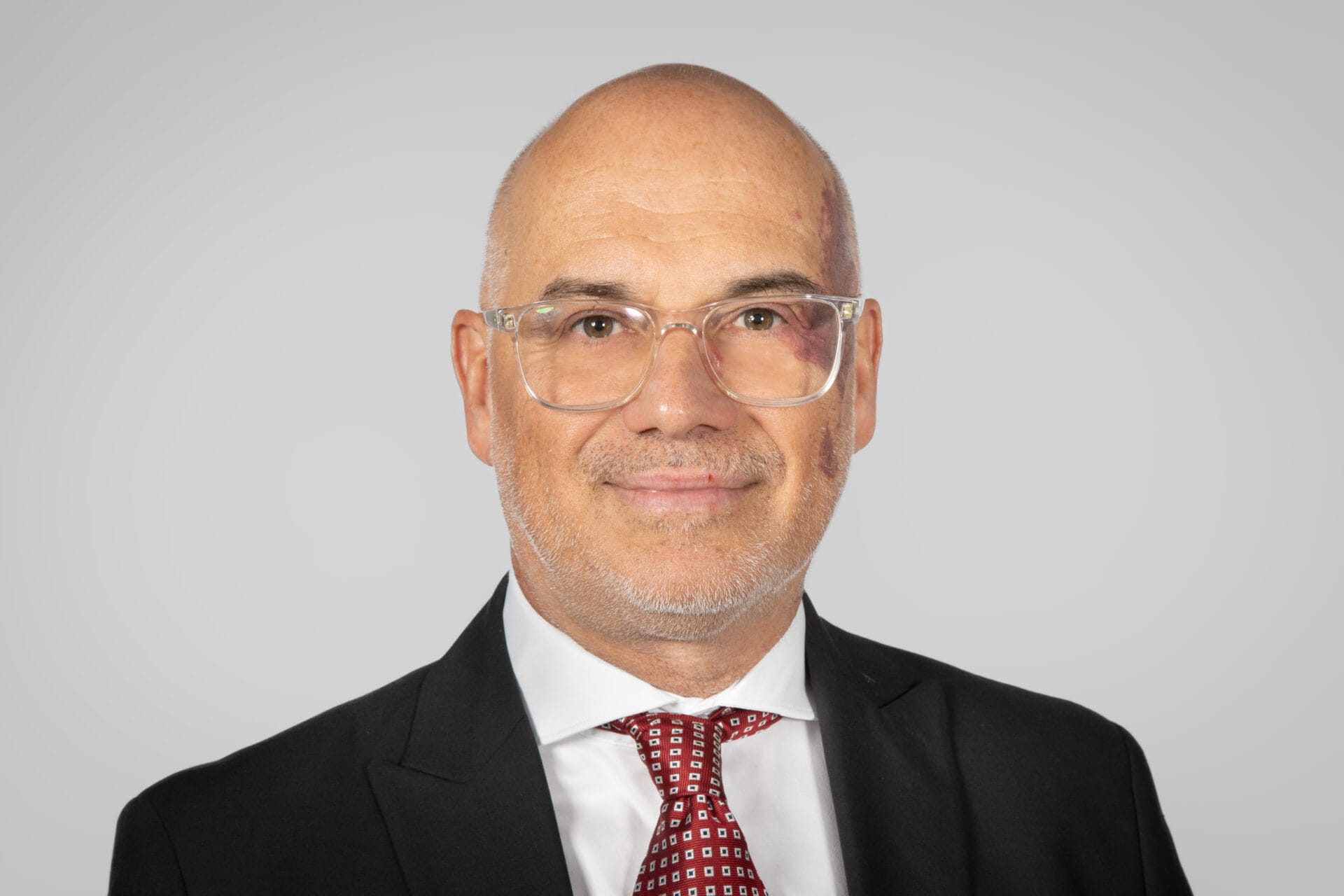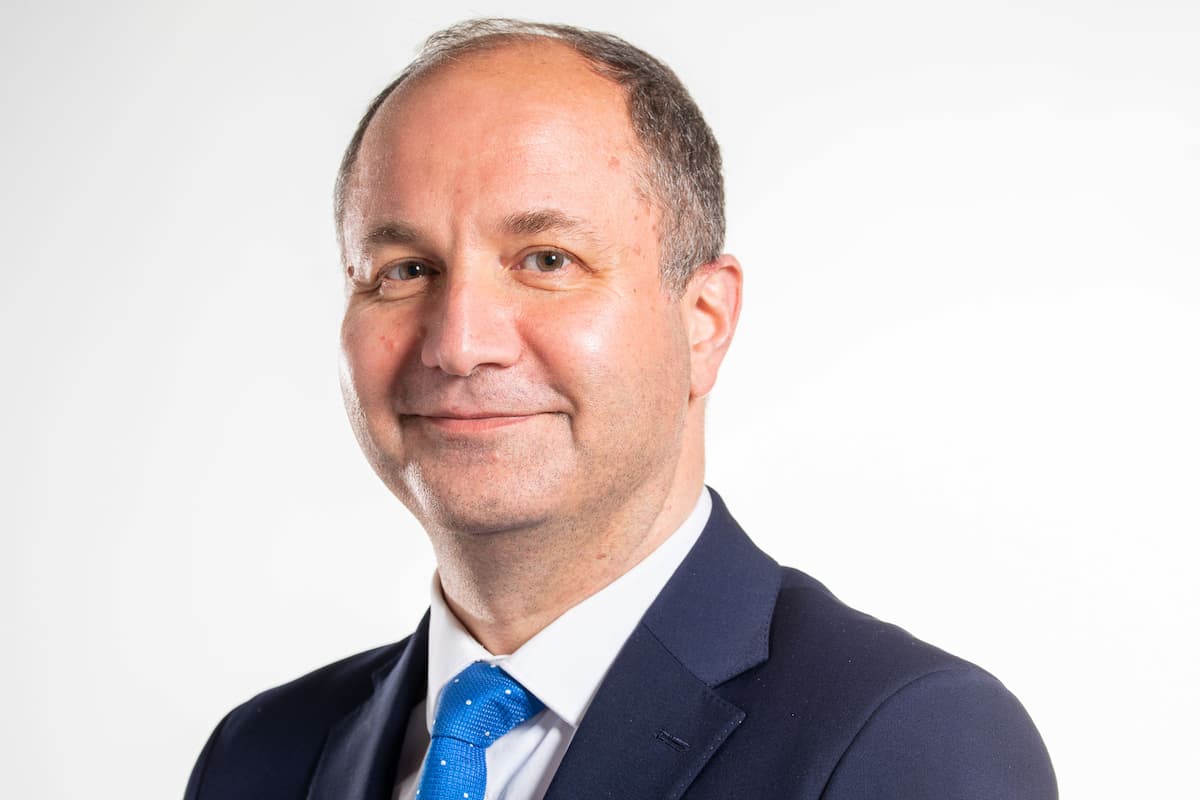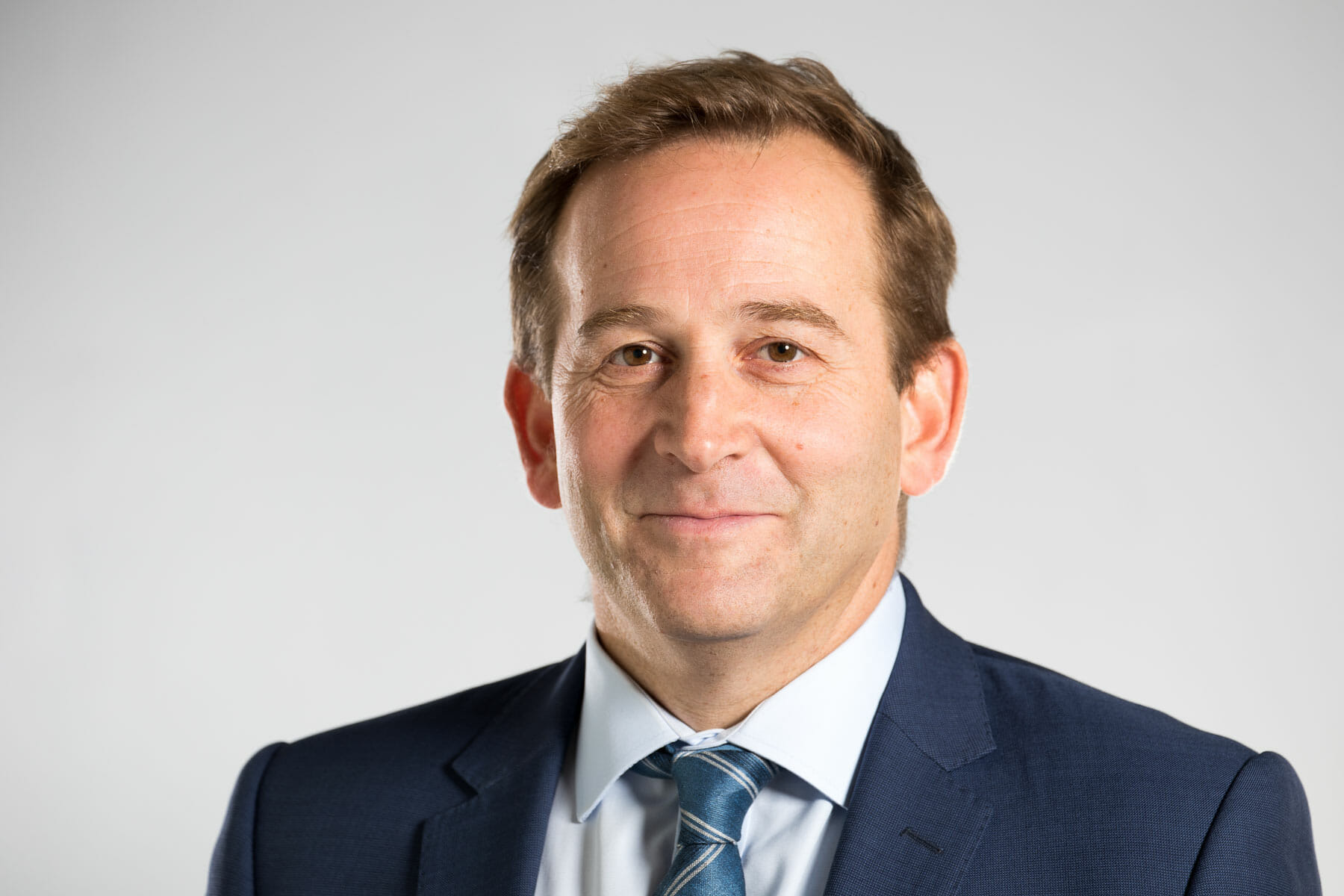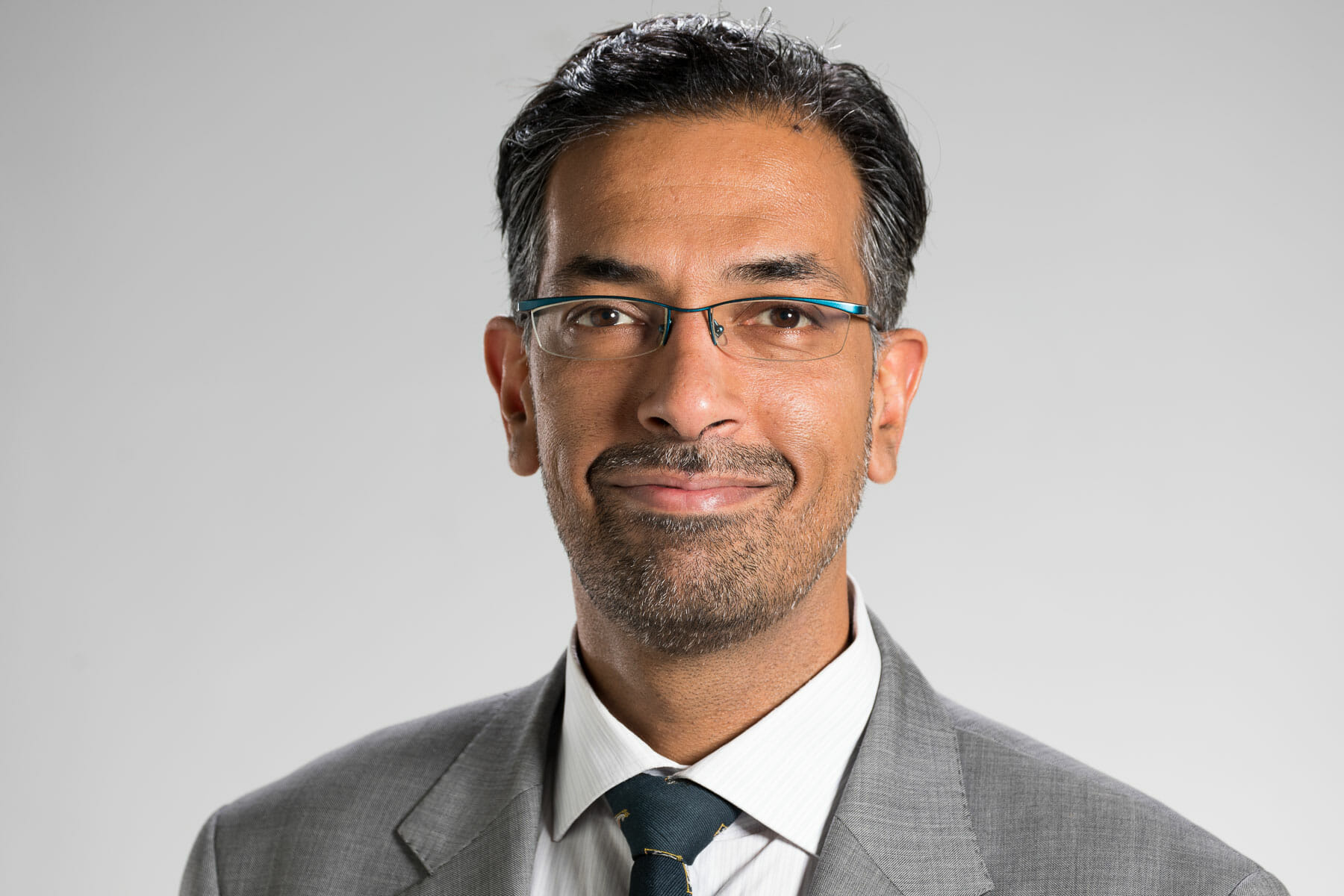General and colorectal surgery
Our general and colorectal surgery service is provided at the Royal Free Hospital in Hampstead.
We offer a range of general and colorectal services, including cancer treatments and surgical procedures, that cover conditions affecting the abdomen, digestive tract, and bowel. We also offer treatments for common health conditions such as hernias and haemorrhoids.
Why choose Royal Free London for general and colorectal surgery?
With a selection of acclaimed, skilled surgeons who have extensive expertise in their fields, we treat private patients from the UK and who come to us from around the world.
Supported by a dedicated nursing team, and with access to a broad range of other medical professionals, our patients can benefit from a comprehensively multidisciplinary approach to their care. We are also experts in full abdominal wall reconstructions, which are completed by a highly knowledgeable and skilled multidisciplinary team.
As a large teaching hospital, patient safety is paramount and we have access to a range of health professionals including plastic and colorectal surgeons, to ensure you receive the very highest levels of care at every stage of your patient journey.
Our 24/7, consultant-led service can be accessed directly or via referral from your healthcare provider. Every patient can be assured of a personal service, including a bespoke treatment plan and comprehensive aftercare provided directly by our dedicated team.
Contact us Monday to Friday, 8am - 6pm:
Booking line: +44 (0) 20 4527 2993
Services we offer
Anal polyps/warts
We offer a number of treatment options for both anal polyps and warts at Royal Free London.
Anal polyps are small growths that develop on develop in your rectum and anal area. Small polyps are often harmless and most people don’t have any significant symptoms. However, larger polyps can cause symptoms such as pain or discomfort and bleeding from your bottom.
If you have particularly large polyps, you may require surgery to remove them. Any removed polyps will be checked for signs of pre-cancerous cells.
Anal warts are slightly different, since they are caused by human papillomavirus (HPV) and are spread by sexual or general contact with the area. They don’t always cause noticeable symptoms, but can spread to the vagina or penis. There’s currently no cure for HPV.
Anal warts may improve themselves, but if they don’t and start to cause you issues, there are some treatments that can help, including surgery to remove them.
Colorectal cancer treatment
Our cancer treatment services are only offered at the Royal Free Hospital, Hampstead. If you are diagnosed with colorectal cancer, your consultant will discuss and recommend various treatment options based on factors like your age, lifestyle needs and the stage that your cancer is at.
The treatments that are available for colorectal cancer have also advanced significantly over the years, and there are now a wide variety of personalised and effective options available to patients.
Some of the main treatments you may be recommended include:
Surgery: this may be carried out to remove the tumour from your bowel and will normally be performed laparoscopically (a form of keyhole surgery that uses only small incisions). Following this procedure, you may need a colostomy or ileostomy to support your recovery.
Chemotherapy: this form of treatment uses specific medications to kill cancer cells.
Radiotherapy: this treatment uses incredibly precise beams of radiation to directly target tumours and kill cancer cells.
Colorectal surgery
Our colorectal surgery services are only offered at the Royal Free Hospital, Hampstead. Formerly known as proctology, colorectal surgery focuses on the diagnosis, management and treatment of diseases and conditions affecting the colon, rectum and anus.
These conditions can affect anyone irrespective of age, sex or ethnicity. Many are very common, particularly as people become older.
Colorectal surgery we offer:
- Abdomino-perineal resection
- Anterior resection/low anterior resection
- Colectomy (partial/total)
- Hemicolectomy
- Hartmann’s procedure
- Haemorrhoidectomy
- Delorme’s rectopexy
- Hernia repair
- Reversal of ileostomy
- Laparoscopic anterior resection/laparoscopic sigmoid colectomy
- Laparoscopic-assisted right hemicolectomy
- Perineal rectosigmoidectomy
- Rectocele repair
- Colonic conduit
- Anal sphincter repair
Our colorectal specialists can advise on the most suitable course of treatment for you and will create a bespoke treatment plan tailored to your specific needs.
Whichever treatment you require, our specialist consultants and nurses will work together to ensure your stay is as comfortable as possible and that you feel well-informed and reassured every step of the way.
Examination of anus/rectal examination
There can be a range of reasons why a rectal examination is needed, from investigating symptoms like bleeding, pain or ongoing constipation, to checking the prostate gland in men.
Although you might find the procedure a little embarrassing, it’s a normal part of your doctor’s job. You’ll be told what to expect at every stage, and while you may find it a little uncomfortable at times, it shouldn’t be painful.
It usually only takes a few moments, and afterwards, your doctor will talk to you about the next steps in your care.
Gallbladder removal
Our gallbladder removal services are only offered at the Royal Free Hospital, Hampstead. The gallbladder is a small organ in the upper right abdomen that stores the bile that helps your body to digest food. If your gallbladder starts to cause you problems, such as gallstones – which are hardened deposits of bile that can cause pain and other issues – you may be recommended to have it removed. This is because your gallbladder isn’t essential.
Gallbladder removal is often performed using minimally invasive surgery. This helps to reduce the risk of complications and speed up your recovery time. However, in some cases, open surgery is needed.
Haemorrhoids
Haemorrhoids, also known more commonly as ‘piles’, are irritating and sometimes painful swellings that appear in and around the rectum and anus due to enlarged blood vessels.
They most often affect people who have chronic constipation due to straining to pass bowel movements, but they can also be seen in people who are overweight and who spend a lot of time sitting down. They are more common in pregnancy, too.
Haemorrhoid symptoms
Not everyone who has haemorrhoids will experience symptoms, but those who do may find that they have:
- Irritation or itchiness around the rectum
- General discomfort of the anus
- Pain, particularly when passing bowel movements or sitting down
- Bleeding during bowel movements
Haemorrhoids treatment
There are a variety of treatment options for haemorrhoids. What’s recommended will depend on the severity of your symptoms and if you’ve had success with any previous treatment.
Haemorrhoid injections, known as sclerotherapy, involve injecting a chemical into the affected blood vessels and take around four to six weeks to work.
Transanal haemorrhoidal dearterialisation (THS) is a minimally invasive treatment that involves stopping the blood supply to the haemorrhoids. It has very good long-term results and requires just a day or two before you can get back to your usual activities.
Haemorrhoid surgery involves the surgical removal of the affected blood vessels and is carried out under general anaesthetic. Most people need a few weeks off to recover, but the surgery has a very high success rate with minimal chance of your haemorrhoids returning when compared to other treatments.
Hernia surgery
Hernia surgery is one of the most common surgical services that we provide. A hernia occurs when a part of fatty tissue or one of your organs starts to push through a weakness in your muscle.
Our expert hernia surgery team can treat all types of hernia including:
- Inguinal
- Umbilical
- Hiatus
- Femoral
- Incisional
These hernia types are characterised based on the area of the body in which they occur.
Hernia symptoms
The majority of hernias present with the same few, core symptoms. These are:
- A lump or swelling at the site of the hernia
- A burning or aching sensation where the lump/swelling is
- A lump or swelling that is particularly visible during certain activities, but that goes back in when pushed gently
You may find that you experience pain around your hernia when you perform certain activities. For example, when you bend over, cough or lift something heavy.
Although many people live with a hernia for a long time, sometimes a hernia can become a medical emergency. This happens if the tissue that is pushing through the muscle becomes trapped. It’s called an incarcerated hernia and can be very serious.
Depending on the type of tissue that is poking through, you could find that wind or food becomes trapped, bowel movements become trapped or tissue becomes cut off from the blood supply and dies.
Symptoms of an incarcerated or strangulated hernia include:
- Nausea
- Vomiting
- Fever
- Belly pain
- Bloating
- Not being able to pass stools or gas
- The site of the hernia becomes darker, red or purple
Hernia treatment
Hernia surgery is usually a fairly straightforward general surgery that can often be performed as a day case, meaning that you will be able to go home the same day. It can either be performed as a standard open surgery, or in many cases, it’s possible to carry out the surgery laparoscopically.
Laparoscopic, or keyhole, hernia surgery is a more minimally-invasive approach to this procedure, and treatment is carried out through a number of small incisions, rather than creating a larger entry point. Find out more about laparoscopic surgery [hyperlink: https://www.royalfreeprivatepatients.com/treatments/laparoscopic-surgery/]
A camera and light attached to a long thin tube, called a laparoscope, are inserted through one of the incision points. They feed back real-time images to a screen in the room so that your surgical team can carry out the repair.
Some of the benefits of laparoscopic hernia repair include:
- Reduced risk of complications owing to smaller incision sites
- Less post-operative pain
- Faster recovery
- Shorter stay in the hospital after surgery
- Smaller scars
Hernias are usually repaired with biological mesh, which helps to ensure that the repair isn’t rejected by the body.
Risks of hernia surgery
There is a degree of risk with any surgery, and hernia surgery is no exception. It’s important to be aware that the risks associated with laparoscopic surgery are generally fewer than with open surgery. They include, but aren’t limited to:
- Bleeding
- Infection
- Injury to other structures within the body
- Hernia return
Recovery from hernia surgery
In most cases, recovery from hernia surgery is fairly straightforward. You’ll have a pressure dressing applied that must stay in place for at least 24 hours, and you will need to avoid bathing until your incisions have healed. The stitches used to close the incision/s will dissolve by themselves.
If you’ve had hernia surgery, you will need to avoid heavy lifting for at least six weeks, and won’t be able to drive for a fortnight.
Your surgeon will see you around six weeks after your procedure to check on the progress of your recovery and to discharge you from their care.
Intestinal polyps
Also known as bowel polyps, these small, fleshy growths can develop on the lining of the large intestine or rectum.
The majority of people with bowel polyps don’t have any symptoms, but those that do may experience blood/mucus in their bowel movements, abdominal pain and changes in their bowel habits such as going to the toilet much more or less often.
The majority of bowel polyps are also benign, but adenomas are one type of bowel polyp that can potentially develop into cancer.
In most cases, bowel polyps are removed during a minimally invasive surgery called a colonoscopy where you can go home the same day. A colonoscopy is an exam used to look for changes in the rectum and colon. It involves using a thin, flexible tube with a light and camera on one end that is inserted into your rectum.
In more complex cases, such as with larger or more difficult-to-treat polyps, surgery under general anaesthetic may be recommended.
Removed polyps are usually sent for a biopsy to investigate them further. Your consultant will also check if there’s any risk of regrowth or any cancerous changes in the polyp.
Pilonidal sinus treatment
A pilonidal sinus is a small hole in the skin near the cleft at the top of the buttocks. Sometimes, there may also be a channel or ‘tunnel’ beneath the skin. Many people who have them don’t realise that they are affected, but it’s also possible for an infection to develop that causes pain, inflammation and, in some cases, an abscess.
It may be possible to treat an infected pilonidal sinus with antibiotics, although if you’ve also developed an abscess, this may need to be drained in a minor surgical procedure performed under local or general anaesthetic.
If you experience recurring issues with a pilonidal sinus, you may need surgery to remove it. This is a more significant surgery that involves removing sections of skin on either side and then stitching the area back together. It’s performed under general anaesthetic and can prevent you from having ongoing infections that could impact your quality of life.
Rigid sigmoidoscopy/Proctoscopy
A rigid sigmoidoscopy examines the inside of the lower part of your large intestine.
It’s used as part of investigations for bowel issues and to check for signs of bowel cancer. We might suggest a rigid sigmoidoscopy if you’re experiencing symptoms such as rectal bleeding or blood in your stools and changes in bowel function.
Sometimes, it is combined with a procedure, such as taking a biopsy or removing polyps.
If you have questions about any of the services listed here, please reach out to our dedicated team, and we are happy to assist you.
Consultations
Consultation is a key part of the patient journey and it is our goal to provide tailored treatment plans that best suit your individual needs. We are committed to ensuring all patients feel fully informed about what a procedure entails and any associated risks, and supporting you in making the right decision for you.
Aftercare
After any general and colorectal surgical procedure, aftercare is very important. Our dedicated team will ensure your needs and comfort are well taken care of during your time in hospital, and that you are fully equipped with all the advice and information you need when you go home, including wound care and avoiding infection.
Follow-ups are included as standard and should you need any additional advice, our nurses are only a phone call away.
Meet our consultants
We work with leading experts who are all supported by the expertise of a multidisciplinary team. Our specialist team of doctors and surgeons includes:
Mr Ammar Al Midani
Mr Maher Hamish
Mr Daren Francis
Royal Free Hospital, Hampstead
The Private Patients Unit at the Royal Free Hospital is part of the NHS and is wholly owned by the Royal Free London NHS Foundation Trust.
We offer you access to some of London’s most experienced specialists, all of whom work as NHS consultants at our facilities.
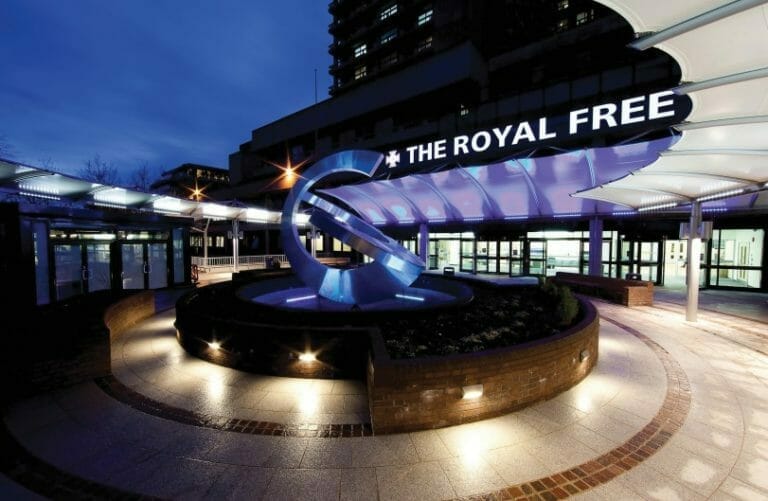
Hadley Wood Hospital
Part of the Royal Free London NHS Foundation Trust, Hadley Wood Hospital offers you access to some of London’s most experience specialists, all of whom work as NHS consultants at the Royal Free, Barnet and Chase Farm Hospitals.

Funding your treatment
We are committed to providing care to all patients which is why we accept self-paying and private medical insurance.
Learn more about funding your treatment.
Patient information leaflets
We provide all our patients with the information they need to support their health and understand the treatments and services we offer.
Read our patient information leaflets for more information.
Investing in the NHS
The NHS is an important part of what we do at Royal Free London which is why we reinvest our profits back into it. Our investment provides life-saving equipment and supports medical research to ensure better healthcare for all.



